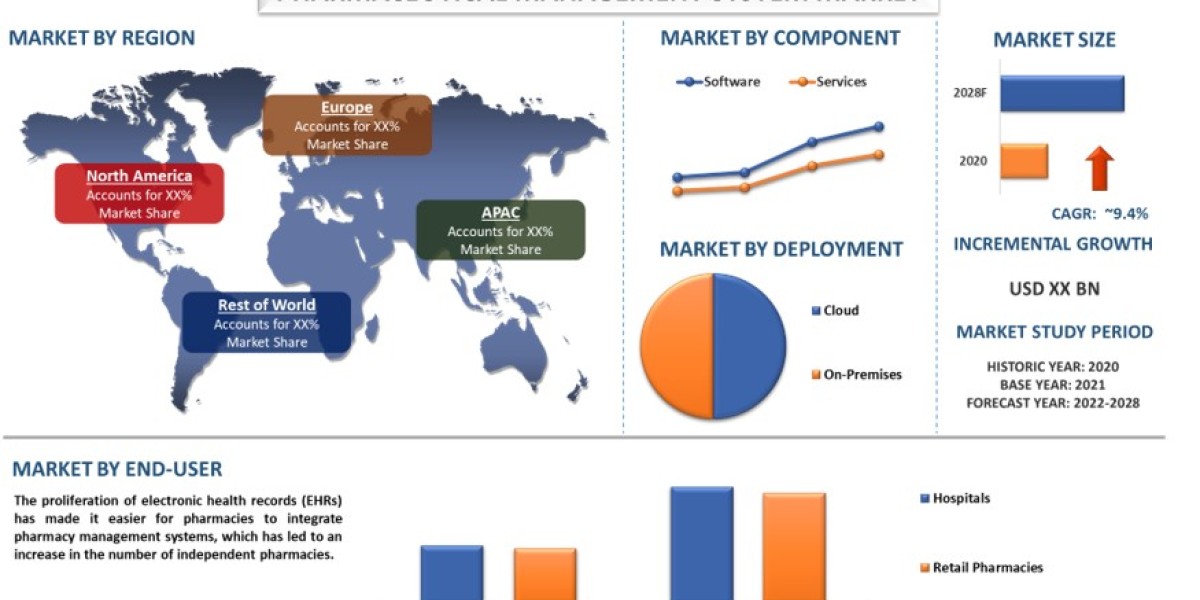In the dynamic landscape of software development, full stack development has emerged as a versatile approach to building end-to-end solutions that meet the diverse needs of modern businesses. From front-end interfaces to back-end databases, full stack developers possess the expertise to craft seamless and scalable applications that drive innovation and propel businesses forward. In this article, we explore the intricacies of full stack development and its role in delivering custom software development services tailored to the unique requirements of businesses across industries.
Understanding Full Stack Development
Full stack development refers to the practice of building both the front-end and back-end components of an application. A full stack developer is proficient in a wide range of technologies, frameworks, and programming languages, allowing them to tackle every aspect of the development process. From user interfaces and client-side scripting to server-side logic and database management, full stack developers possess the skills and knowledge to bring a project from conception to completion.
The Components of Full Stack Development
Full stack development encompasses several key components, each playing a crucial role in the development process:
Front-End Development: Front-end development focuses on creating the user-facing aspects of an application, including the user interface (UI) and user experience (UX). Full stack developers use HTML, CSS, and JavaScript frameworks such as React, Angular, or Vue.js to build interactive and responsive interfaces that engage users and enhance usability.
Back-End Development: Back-end development involves building the server-side logic and database infrastructure that power the application. Full stack developers use programming languages like Python, Java, or Node.js to implement business logic, handle data processing, and manage interactions with databases. They also work with databases such as MySQL, MongoDB, or PostgreSQL to store and retrieve data efficiently.
Database Management: Effective database management is essential for storing, organizing, and retrieving data in a reliable and efficient manner. Full stack developers design database schemas, write SQL queries, and optimize database performance to ensure that applications can scale and perform under heavy loads.
DevOps and Deployment: DevOps practices play a crucial role in full stack development, enabling developers to automate workflows, streamline deployments, and ensure the reliability and scalability of applications. Full stack developers use tools such as Docker, Kubernetes, and Jenkins to automate build processes, manage infrastructure, and orchestrate deployments across various environments.
Benefits of Full Stack Development
Full stack development offers several advantages for businesses seeking custom software development services:
End-to-End Solutions: Full stack developers have the expertise to handle every aspect of the development process, from front-end design to back-end implementation. This allows businesses to work with a single team to build comprehensive and cohesive solutions that meet their unique requirements.
Faster Time to Market: By leveraging a unified development approach, full stack developers can streamline the development process and accelerate time to market for new applications and features. This enables businesses to respond quickly to market demands and stay ahead of the competition.
Cost-Effective Solutions: Full stack development can be more cost-effective compared to hiring separate teams for front-end and back-end development. By working with a skilled full stack developer or team, businesses can optimize resources and maximize return on investment.
Flexibility and Adaptability: Full stack developers are versatile and adaptable, capable of working on a wide range of projects and technologies. This flexibility allows businesses to scale their development efforts and adapt to changing requirements and priorities.
Choosing the Right Full Stack Development Partner
When selecting a full stack development partner for custom software development services, businesses should consider the following factors:
Expertise and Experience: Look for a development team with a proven track record of delivering high-quality solutions across a variety of industries and technologies.
Collaborative Approach: Choose a development partner who values collaboration and communication, and is committed to understanding your business goals and requirements.
Technological Proficiency: Ensure that the development team has expertise in the technologies and frameworks relevant to your project, and is able to recommend the best solutions based on your specific needs.
Scalability and Support: Partner with a development team that can scale to meet your evolving needs and provide ongoing support and maintenance for your applications.
In conclusion, full stack development offers a comprehensive approach to building end-to-end solutions that meet the diverse needs of modern businesses. By leveraging the expertise of full stack developers and choosing the right development partner, businesses can unlock new possibilities, drive innovation, and achieve their strategic objectives through custom software development services tailored to their unique requirements.








